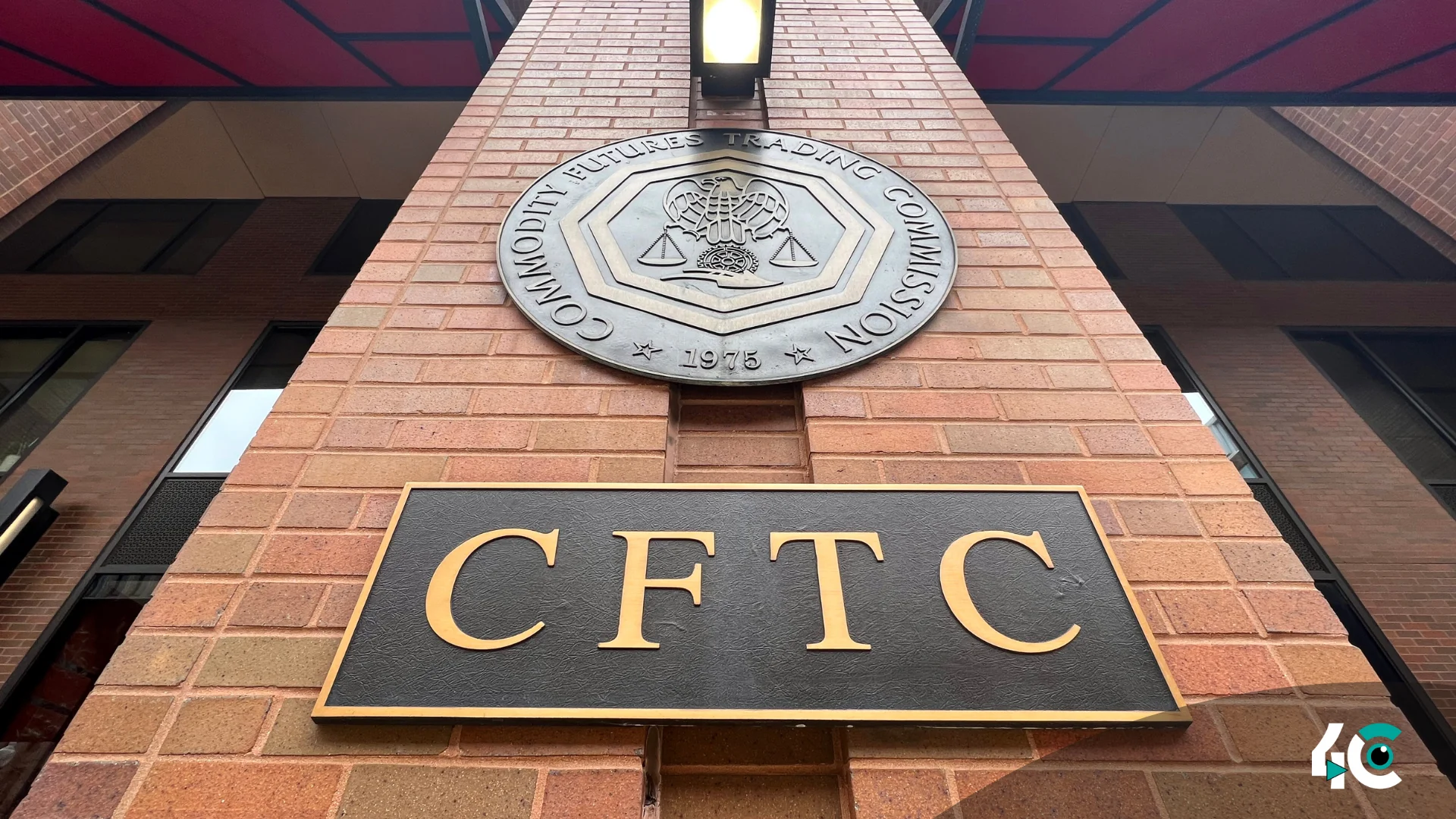Soon, the Commodity Futures dealing Commission (CFTC) might let people use digital assets as security when dealing commodities and derivatives. This could have a big effect on the market for digital assets. A part of the CFTC’s Global Markets Advisory Committee recently agreed to support a plan to accept security based on DLT and digital ledger technology.
If this plan is accepted, it would let traders settle deals with digital assets quickly and easily, just like they can with blockchain transactions now. Through tools that are connected to the market, brokers would be able to use tokenized assets like BlackRock’s USD Institutional Digital Liquidity Fund (BUIDL).
Big banks like BlackRock and JP Morgan already use blockchain assets as protection a lot, but CFTC approval could make it easier for more people in the business to do the same. It is still not clear what the details of the plan and the Global Markets Advisory Committee’s suggestions are. The full committee has to look over and agree with the subcommittee’s ideas before they can be sent to the CFTC.
Please keep in mind that the CFTC may agree to this plan, but they may put limits on which companies and blockchain systems can take part. Also, the recent good results of spot Bitcoin exchange-traded funds (ETFs), especially BlackRock’s, show that traditional financial markets are becoming more interested in and could value digital assets. The CFTC might heed this trend when making a choice about the plan.
Using digital assets as security could change the way trading is done by letting non-cash collateral be transferred quickly for margin reasons and lowering settlement risks by a large amount. There are still problems to solve, though. For example, some tokenized assets might not be able to be used on public blockchains, and banks might prefer permissioned blockchains because of legal concerns.



























